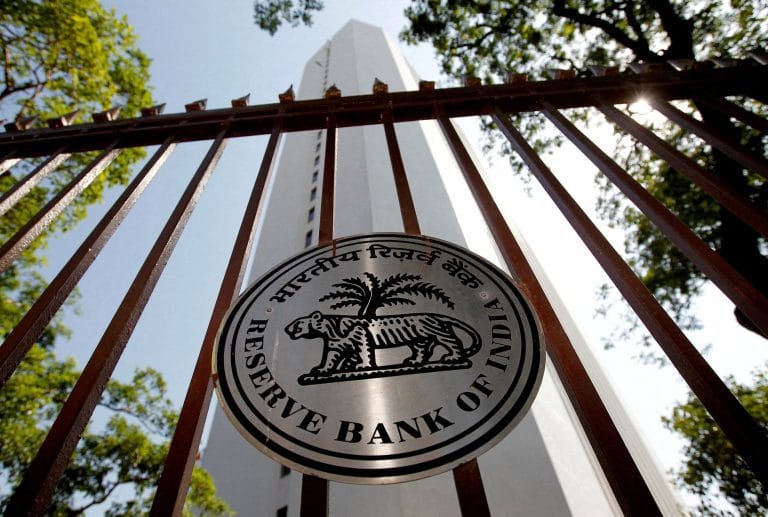🎧 Listen to This Article
Indian Prime Minister Narendra Modi’s latest tax reforms, announced during Independence Day celebrations, represent a significant policy shift designed to stimulate domestic consumption, support key industries, and counterbalance external trade pressures, particularly from U.S. tariffs.
The reforms restructure the Goods and Services Tax (GST) into a simplified two-tier system of 5% and 18%, replacing the previous 12% and 28% levies. According to tax experts, this measure is not only intended to reduce compliance complexity for businesses but also to incentivize investment, particularly among micro, small, and medium enterprises (MSMEs).
From a financial and international taxation perspective, these reforms may have broad implications:
- Industry Impact: Manufacturing, logistics, housing, and consumer goods sectors are expected to benefit from lower effective tax rates. The automobile sector, which has experienced a slowdown in recent months, is likely to see renewed growth, as reflected in the market reaction—Maruti Suzuki India and Hyundai Motor India shares rose by 8.75% and 8.15%, respectively.
- Domestic Consumption: India’s economy relies heavily on domestic consumption, contributing over 61% of GDP in FY 2024-25. Lower GST rates on essential goods and streamlined compliance procedures could boost household spending, offsetting the impact of external tariffs.
- Global Trade Considerations: The reforms are timely given the imposition of additional U.S. tariffs—up to 50%—on Indian imports due to ongoing Russian crude purchases. Analysts argue that bolstering internal consumption provides a buffer against such geopolitical pressures.
- Inflation and Fiscal Outlook: Retail inflation has slowed to 1.55% in July 2025, the lowest since 2017, offering a favorable environment for stable consumption growth. These measures may also enhance India’s fiscal resilience and investor confidence, particularly among foreign investors monitoring emerging market risks.
In conclusion, from an international taxation and financial advisory standpoint, Modi’s GST overhaul and accompanying tax cuts constitute a strategically significant move, positioning India’s economy to navigate external tariff challenges while fostering domestic growth
For any questions, clarifications, feedback, or contributions regarding this article, please contact us at editorial@tax.news. We welcome your input and are dedicated to delivering accurate, timely, and insightful tax news. All inquiries will be handled confidentially in accordance with our privacy policy.



